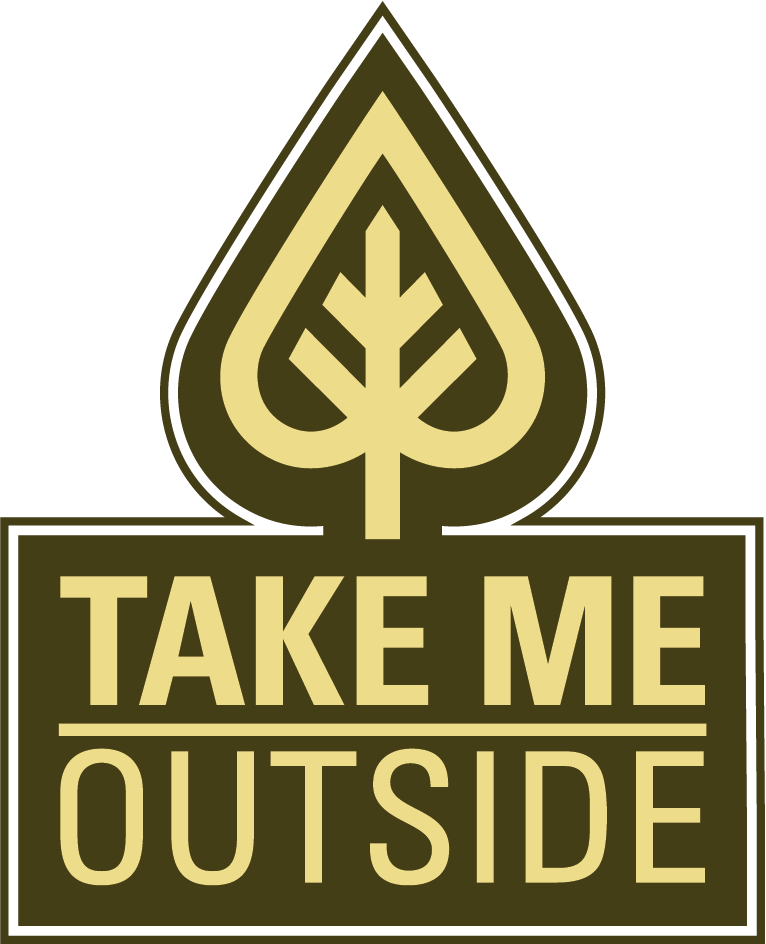28 results for group: block-d
Listening to the Land, Learning About the Self: A Relational Experience
With the intention of listening to the land and learning about self, this workshop weaves together literacy, drama, multiple learning styles, ecological awareness, art, mapping, and movement, thus enhancing overall well-being. Slowing pedagogy down, we foster a deep kinship with each other and with the land, awakening an awareness of the world in which we live, how it functions, how we fit into the larger community of life, and our role in the great story of the universe. Five outdoor experiences are offered for exploration: nature journals, sit spots, five senses poetry, find your way, and wild art.
Nature-based physical activity: Fostering human-nature connectedness with young people in Kindergarten to Grade 12
Nature-based physical activity can offer an accessible and alternative teaching strategy to enable educators in K-12 schools to teach children and youth outside on a regular basis. Nature-based physical activity is defined as physical activities that are done in natural spaces, require little specialized equipment, can be participated in by most youth, are cost-efficient, have connection to nature as a focus, and can be implemented by teachers on a daily/weekly/monthly basis. This workshop will feature several hands-on activities that can help teachers foster human-nature connectedness for their students close to school grounds and in their local ...
Healing in Nature – Introducing The National Healing Forest Initiative
Breaking free of the walls which confine us can lead us in to nature, a space where we can heal, learn, and reconnect with ourselves and each other. The National Healing Forest Initiative founded by Patricia Stirbys, a Cowessess First Nation Lawyer, and Peter Croal, a Geological Consultant, after the findings of the 2015 Truth & Reconciliation Report, is an opportunity upon which you may wish to act as well. This workshop explores what and where the Healing Forests are and how they can fulfil a call to action towards reconciliation, addressing the 60's Scoop, Missing & Murdered Indigenous Women & Girls, and Residential School Survivors and the ones ...
Playing in Dirt Builds Grit! – the importance of all types of play for the mind and body
Four different types of outdoor play will be presented in this workshop: imaginative play, risky play, intentional play, and free play. Participants have the opportunity to 'play,' explore, and discuss each type of play themselves as they imagine how their students might engage with the provocations presented. (Primary/Elementary)
May We Be Peaceful: Inner Work for Systems Change
Cultivating our inner peace as educators and human beings is our greatest human technology. In alignment with Otto Scharmer’s Theory U for systems change; deep listening, deep terrain, and healing the gaps which disconnect us from our nature are our most promising means of re-connection. May our disruption become transformation as we move forward together into the future as architects of connection.
Through developing a practice of daily nature rituals with my Grade 2 class during challenging times, we intentionally attuned to our human nature on a daily basis. We sought refuge from the downward spiral among the leaves and changing seasons. We ...
How Does Vulnerability Show up in the Outdoors? PT 2
Karen Lai works as an independent consultant in accessibility and inclusion. She works with businesses and organizations to increase the accessibility and inclusion of people with disabilities. She holds a Master of Arts in Human Kinetics where she examined the social theories behind social inclusion of people with disabilities. She has more than 20 years of working alongside with individuals with disabilities in the field of recreation, employment, government, and other community involvements.
Why leaders matter in advancing outdoor pedagogy in early learning, schools and communities
The research is clear - children and adults benefit from experimenting, exploring, co-investigating and learning outdoors. But, to make this shift from an indoor space, leaders have a significant role in changing practice. Educators benefit from being surrounded by leaders who embrace and become partners in collectively imagining the possibilities of children experimenting, exploring, co-investigating and learning outdoors in all kinds of spaces and places. This presentation will highlight why a shift in practice requires leaders to develop an outdoor pedagogy lens in their practice.
Taking Effective Breaks: Just Do it
This session is for anyone interested in learning about taking effective breaks as a sustainable wellness practice. Our two separate projects show surprisingly similar results: high school students, teachers, and pre-service teachers perceive breaks as vital to their wellbeing. First we will share the science behind breaks, learn from participants' voices, take a walking break, and reflect on how to implement breaks in our classrooms and lives.
Exploring Outside to Explore Inside: Social-Emotional Learning in Nature
I believe that a successful and positive outdoor program starts exactly how we begin any indoor classroom practice - with routines, expectations, and supports. To nurture our own self-awareness and self-management skills, we will explore a variety of activities such as bird language skits, basic tracking skills, and scavenger hunts. After all, when we understand natures rhythms, it is easier to feel safe and comfortable when learning and playing in an outdoor classroom.
Taking Curriculum Outdoors: the Nova Scotia Active Smarter Kids Approach to Learning
"Come have fun! Physically active learning (PAL) is an innovative, Norwegian teaching method in which classroom teachers incorporate physical activity into the review of curriculum outcomes. Come and experience what public education is beginning to feel like across Nova Scotia/Mi'kma'ki! Through inclusive and collaborative physically active learning lessons, we will explore the benefits of taking classroom learning outdoors and look towards the active and outdoor future of learning across Canada.
The workshop will take place outdoors and is open to people of all abilities.
www.nsaskproject.ca




